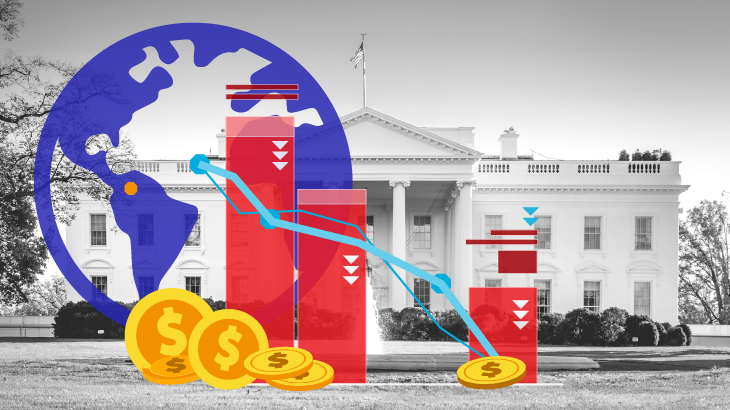
The most recent
Abstract
This paper examines the impact of the Federal Reserve’s 2022 capital requirements on Colombian banks’ access to foreign credit lines. These measures, more stringent than in previous years, introduced a stronger stress capital buffer in response to global recession risks and inflationary pressures. A key contribution of the study is its distinction between the announcement, publication, and implementation phases of these regulations, highlighting how expectations, information flows, and uncertainty shape banks’ financial strategies. Using a Synthetic Difference-in-Differences (SDID) approach, the findings reveal that credit from affected U.S. banks declined significantly following the announcement, with further reductions observed as the enforcement date approached. Substitution effects partially mitigate this decline, offering insight into the global interconnectedness of financial systems and the broader implications of regulatory changes. The study contributes to a deeper understanding of how capital regulations influence cross-border liquidity, capital allocation, and risk exposure, particularly in periods of heightened global uncertainty.
The Federal Reserve's capital requirements in 2022 led to a significant contraction in short-term credit for Colombian banks, reflecting the impact of regulations in advanced economies on liquidity in emerging markets.

 Camilo Gómeze,
Camilo Gómeze, 
